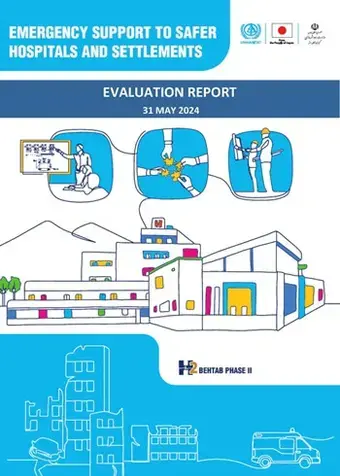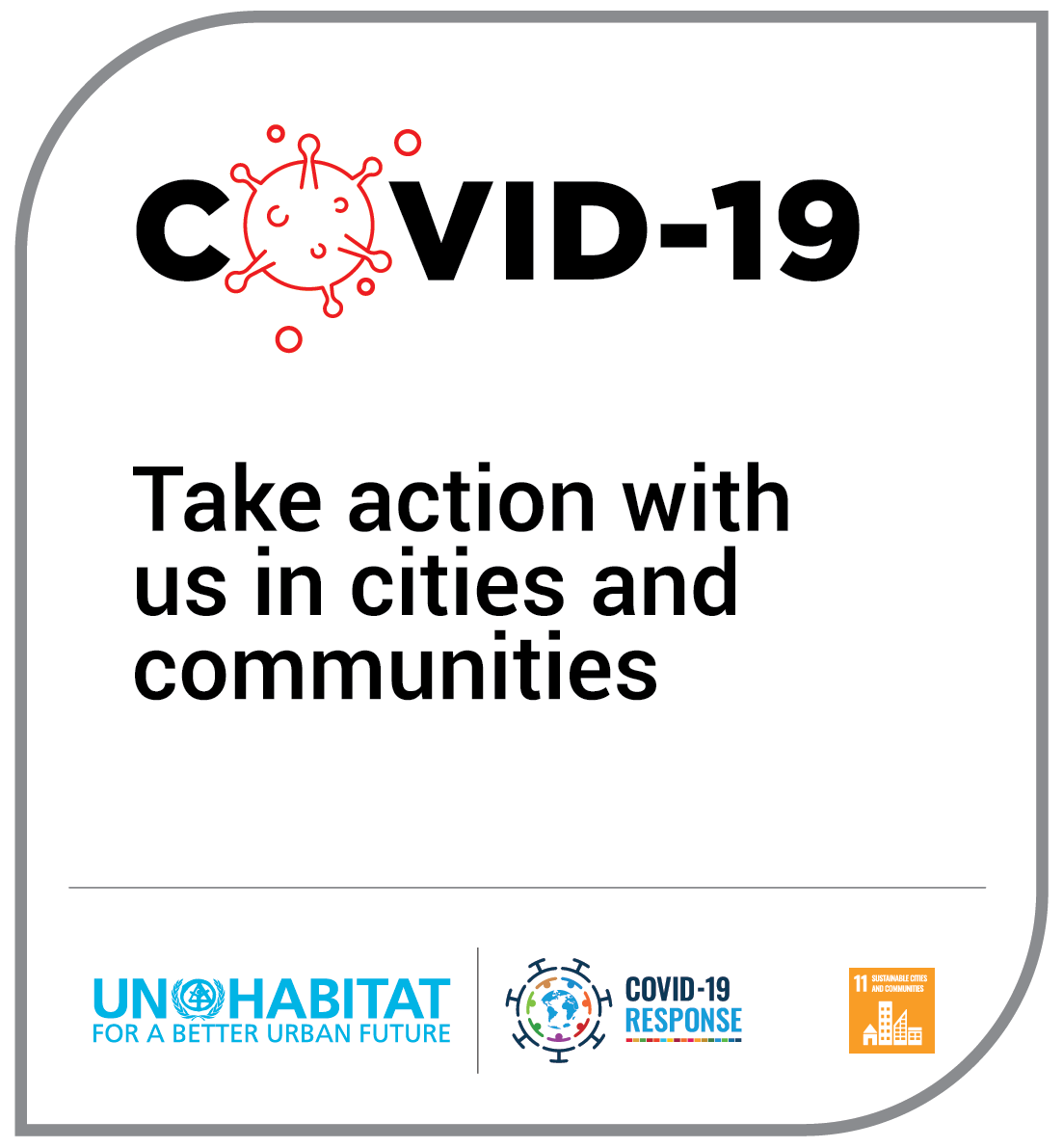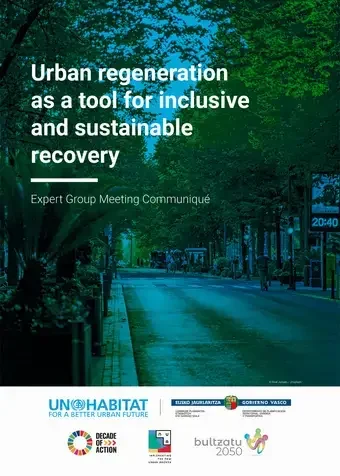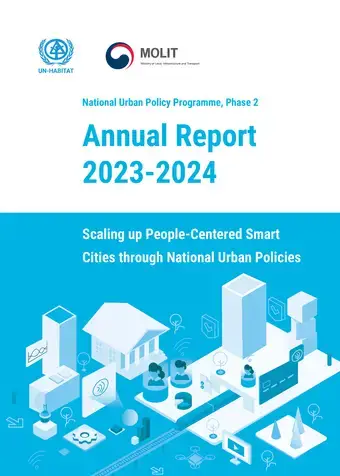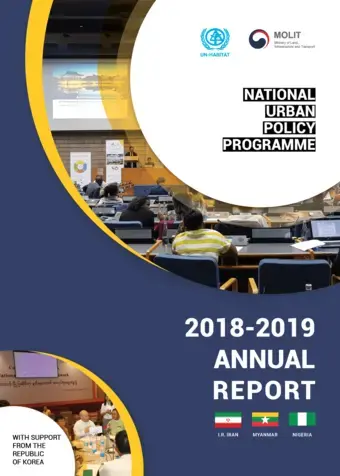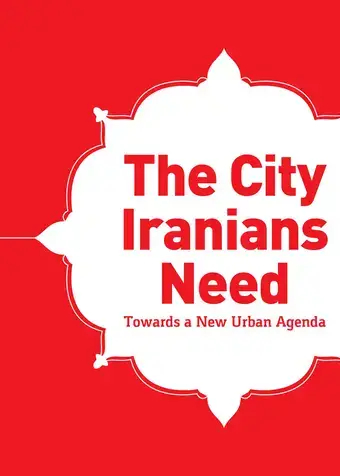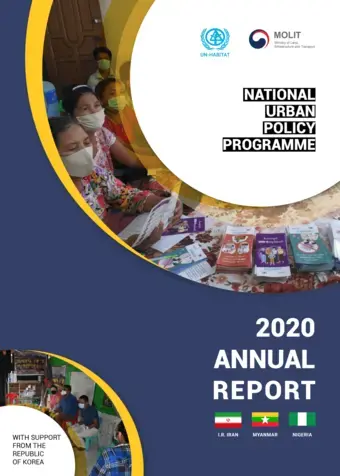Overview
Since 2014 the key focus areas in Iran include: Human Settlements Development, Resilient Cities, Environment, Climate Change and Basic Urban Infrastructure and Services, Participatory Urban Planning & Design, Governance and Finance, Advocacy, Monitoring, Partnership, and Capacity Development.
Country: Overview
Country: Overview
Country: Overview
The priority challenges identified by Iranian authorities and the UN in Iran includes: Environment; Health; Resilient Economy; Drug Control. Iran faces some acute environmental challenges because of its dry climate, rapid urbanization and economic dependence on oil revenues. Many of Iran environment challenges will be aggravated as a result of climate change.
Since Iran is situated in one of the most seismically active regions which due to occurrence of multi-hazard disasters faces serious urban challenges, the human settlements in Iran have to cope with issues such as lack of sufficient resilient infrastructures of water/wastewater systems, and vulnerable lifelines in big cities and essential buildings, spontaneous growth of informal settlements, increased deterioration of historic fabrics, inefficient rural-urban linkages; unaffordable housing stocks, physical and socioeconomic vulnerability
Country Beneficiaries
I wish Iranian cities, in particular, Iranian metropolises, will be balanced, smart, knowledge-based, green, clean, free of corruption, and with flowing traffic. I wish urban managers of today make decisions that will be praised by future generations.
Pirouz Hanachi, Former Deputy Minister for Architecture and Urban Planning Current, Mayor of Tehran
Donors and partners
The national partners of UN-Habitat in Iran are the Ministry of Roads and Urban Development (MoRUD) and the Ministry of Foreign Affairs (MFA). UN-Habitat in Iran collaborates with different partners including national authorities (MoRUD, the Urban Regeneration Company in Iran, New Towns Development Company, etc.), local organisations (e.g. multiple municipalities and city councils, Tehran Province Water and Wastewater Company, Tehran Disaster Management and Mitigation, etc.), research centres and universities and the civil society (NGOs). The success of our work in Iran depends on successful partnerships.
International partners includes UN-Habitat in Afghanistan, Economic Corporation Organization and the Research Centre for Science and Technology Transfer (RCSST) Indian Ocean Rim Association (IORA).
Donors
Partners
Contact
Highlighted Publications
Legacy content
- Total value of UN-Habitat investments (2008-2013): US$ 2,491,005
- Total number of UN-Habitat projects (2008-2013): 1 project
- Main donors: the government of the Islamic Republic of Iran
UN-Habitat Tehran Office was established in April 2007 following an agreement between the Islamic Republic of Iran and UN-Habitat. UN-Habitat's programmes in the I.R. of Iran are designed to help policy-makers and local communities get to grips with the human settlements and urban issues and find workable, lasting solutions.
General information
UN-Habitat Tehran office supports Government, civil society and other Habitat Agenda Partners in adopting enabling legislation and established systems for improved access to land, and developing and improving effective decentralized governance, Wash, urban economy and urban safety that foster sustainable urban development.
UN-Habitat pursues the mandate outlined in the agreement with the I.R. of Iran:
- To contribute towards capacity building in the themes of sustainable urban development through policy development, institutional implementation and improvement of required skills
- To facilitate the mobilization of financial resources for the development and implementation of sustainable urban development programmes
- To backstop the development and implementation of activities related to promoting urban sustainable development
- To promote interaction between public, private and civil institutions aiming at widening the cooperation for the sustainable development of human settlements
- To promote development of preparedness to various vulnerabilities related to various aspects of urban sustainable development
UN-Habitat projects in the I.R. of Iran
Areas of intervention and primary partners:
- Natural Disasters – ISDR, NDMO, TDMMO, UNDP, ECO
- Complex Emergencies – ECO, UNDP, UNHCR
- Security in Human Settlements – OCHA, UNODC
Thematic areas of focus:
- Assessment and risk reduction
- Shelter and reconstruction
- Land and property
- Displaced populations
- Vulnerability reduction
Cooperation:
a) Letter of Intent (LoI) with MoRUD for joint activities signed in 2012:
- Urban Profile, Housing Profile and Land Adjustment Initiatives
- Regional Slum Upgrading Working Group of the Asia-Pacific Ministerial Conference on Housing and Urban Development (APMCHUD)
- Guidelines/Documentation and dissemination of best practices
b) Memorandum with MoE/SRO for joint activities:
- Technical consultancy and cooperation for State Organization of School Renovation, Development and Mobilization
- Promote sustainable capacity building in the area of “Safer Schools” Implementation of retrofitting and rehabilitation projects
c) Memorandum with MoH/TUMs for joint activities signed in 2011:
- Cooperation with Ministry of Health to enhance the seismic resistance of the existing health facilities
- Assessment of 30 Primary health care centers in Tehran
d) Memorandum with ECO secretariat for joint activities signed in 2012:
- Report of the State of the ECO-region Cities: Urban Resilience and Cities at Risk (2015)
- Seismic Feasibility Studies for Public buildings in ECO region
Capacity Building
UN-Habitat developed a concept note for planning capacity development at national level. The note has been submitted to the government.
Contacts
UN-Habitat Tehran Office 8 Shahrzad Blvd Darrous Tehran 1948773911 Islamic Republic of Iran Tel: +98-21-2286 0691-4, 2286 0925-8 (Ext:152-157) Fax: +98-21-2286 0691 (Ext:179) Email:mehmet.akdogan@unhabitat.org
Images


